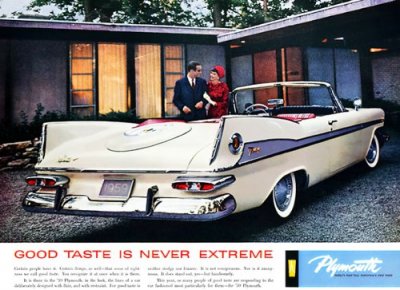LizzieMaine
Bartender
- Messages
- 34,203
- Location
- Where The Tourists Meet The Sea
Cars are here to stay, especially here in the States, and especially here in the wide-open spaces of the Western States. Propulsion systems are changing rapidly, and navigation systems aren't far behind. But woe be to the politician who suggests we abandon the personal vehicle. People just love their cars and the lifestyle they make possible. We like to go where we wish to go, when we wish to go there, without waiting, without the company of strangers.
This is what bothered me so much the six months I lived in California -- it was such a culture shock, the way everything was laid out for cars rather than for people. In the East we live in old towns laid out during the Colonial era, everything was optimized for foot travel, and cars are considered more of an annoyance than an absolute necessity. It's possible to get by just fine in most Eastern towns or cities without a car if you work in town, even if there's no public transportation -- but in the West, if you don't have some kind of a car, you're pretty much sunk. I really hated that.




